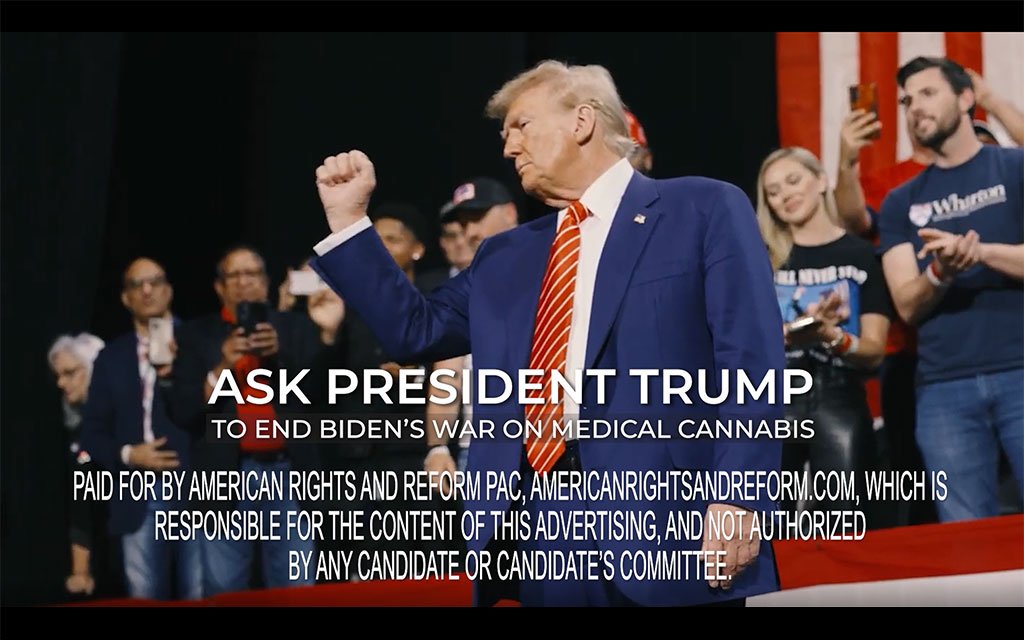A new law in Arizona, set to take effect on June 30, 2026, aims to restrict cannabis advertising that targets individuals under 21 years old. Governor Katie Hobbs signed this legislation, which received broad support from lawmakers, including Rep. Selina Bliss, who emphasized its goal to prevent the promotion of cannabis to minors.
The law prohibits the use of images or likenesses of toys, cartoons, and fictional characters, including Santa Claus, in cannabis advertisements. This decision stems from concerns over how these promotional tactics could appeal to children. Additionally, cannabis products cannot be named in ways that imitate brands marketed to youth, such as popular snacks or beverages.
Advertising restrictions extend beyond just the content. The law bans cannabis promotions in certain public spaces, including airports and public transportation systems. It also restricts online advertisements to websites where at least 73.6% of the audience is expected to be over 21, a metric based on U.S. Census data that reflects the adult population percentage.
Furthermore, cannabis retailers will not be allowed to sponsor sporting events unless a similar audience demographic threshold is met. Billboards promoting cannabis are also prohibited within 1,000 feet of schools, childcare centers, churches, parks, and substance abuse recovery facilities.
This legislative move echoes past efforts to protect children from harmful advertising, similar to the Federal Trade Commission’s crackdown on tobacco advertising aimed at youth. Pediatrician Gary Kirkilas presented evidence to lawmakers showing that current cannabis advertisements could attract children, citing examples like billboards featuring Santa Claus with cannabis products.
The push for this legislation had faced challenges in previous years, with earlier proposals failing to pass. Lawmakers had to clarify that the regulations apply specifically to cannabis and not to hemp-infused products that contain minimal psychoactive substances.
With a focus on child safety, proponents of the law argue that reducing exposure to cannabis marketing will help prevent accidental poisonings among children. As cannabis continues to be legal for adults in Arizona, the intention of this law is to establish a responsible advertising framework that prioritizes the welfare of minors.




